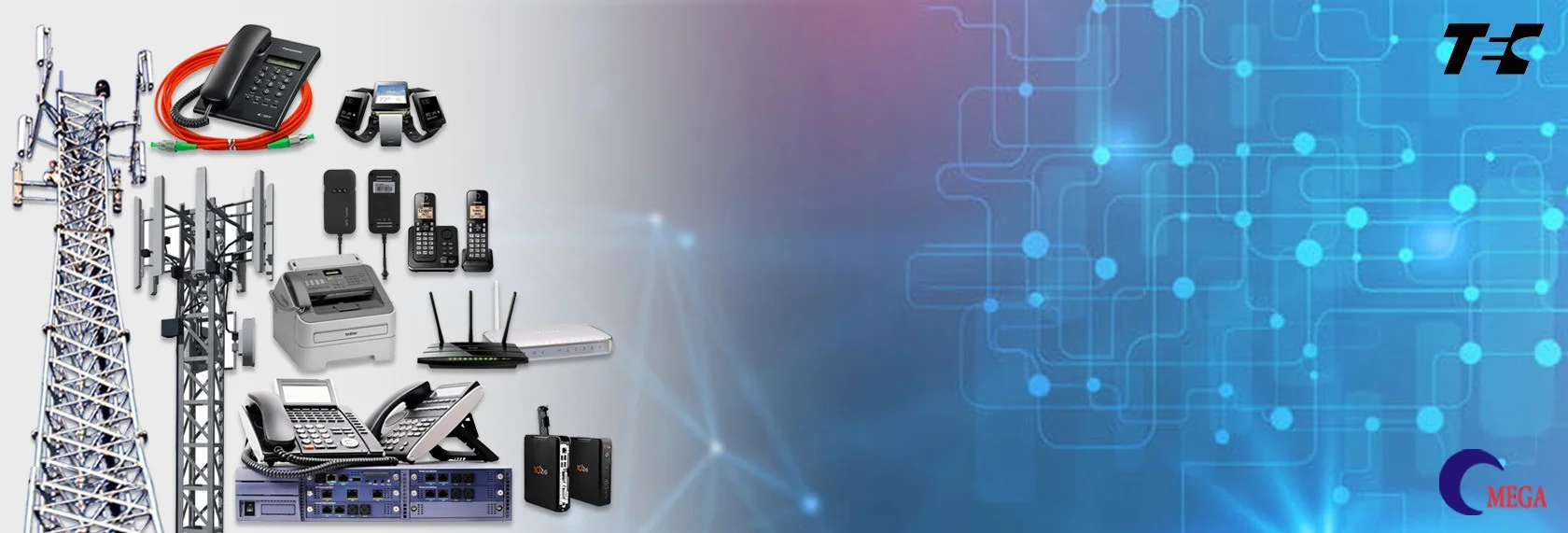Registration under MTCTE from TEC

Opportunity doesn't knock, it rings
The Indian Telegraph (Amendment) Rules, 2017, provides that every telecom equipment must undergo mandatory testing and certification prior to sale, import or use in India. The testing is to be carried out for conformance to Safety, EMI/EMC and Essential Technical Requirements for the equipment, by ILAC Accredited Labs to begin with and later, only by the designated Labs in India approved by TEC. TEC shall commence granting Registration under the Mandatory Testing & Certification of Telecom Equipment (MTCTE) w.e.f. 01-10-2019.
We are the first-of-the-block to start providing this service in India and are well-equipped and geared-up for complete end-to-end solution for TEC Type Approvals, including inter alia testing as per TEC Regulations and thereafter, type approvals.